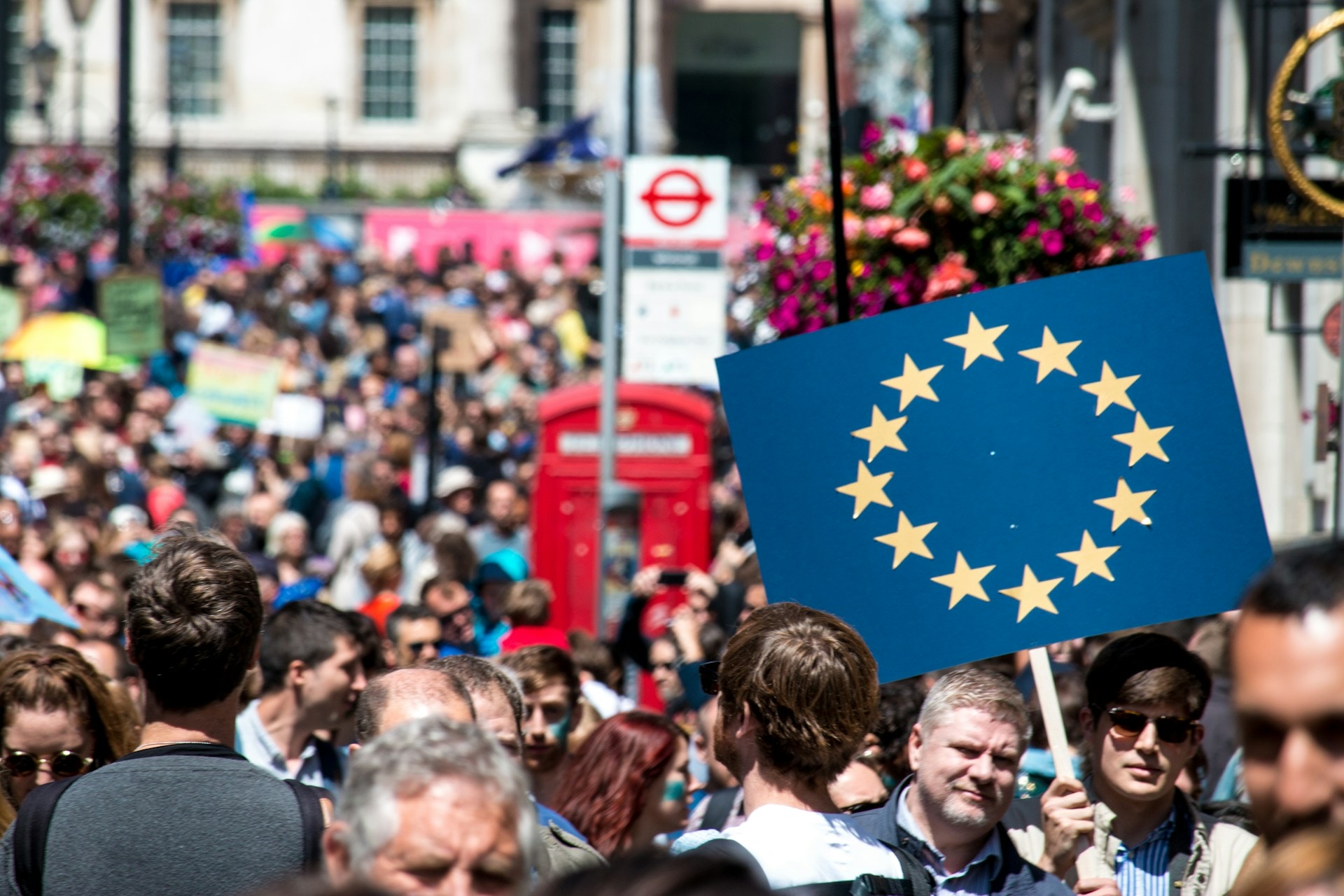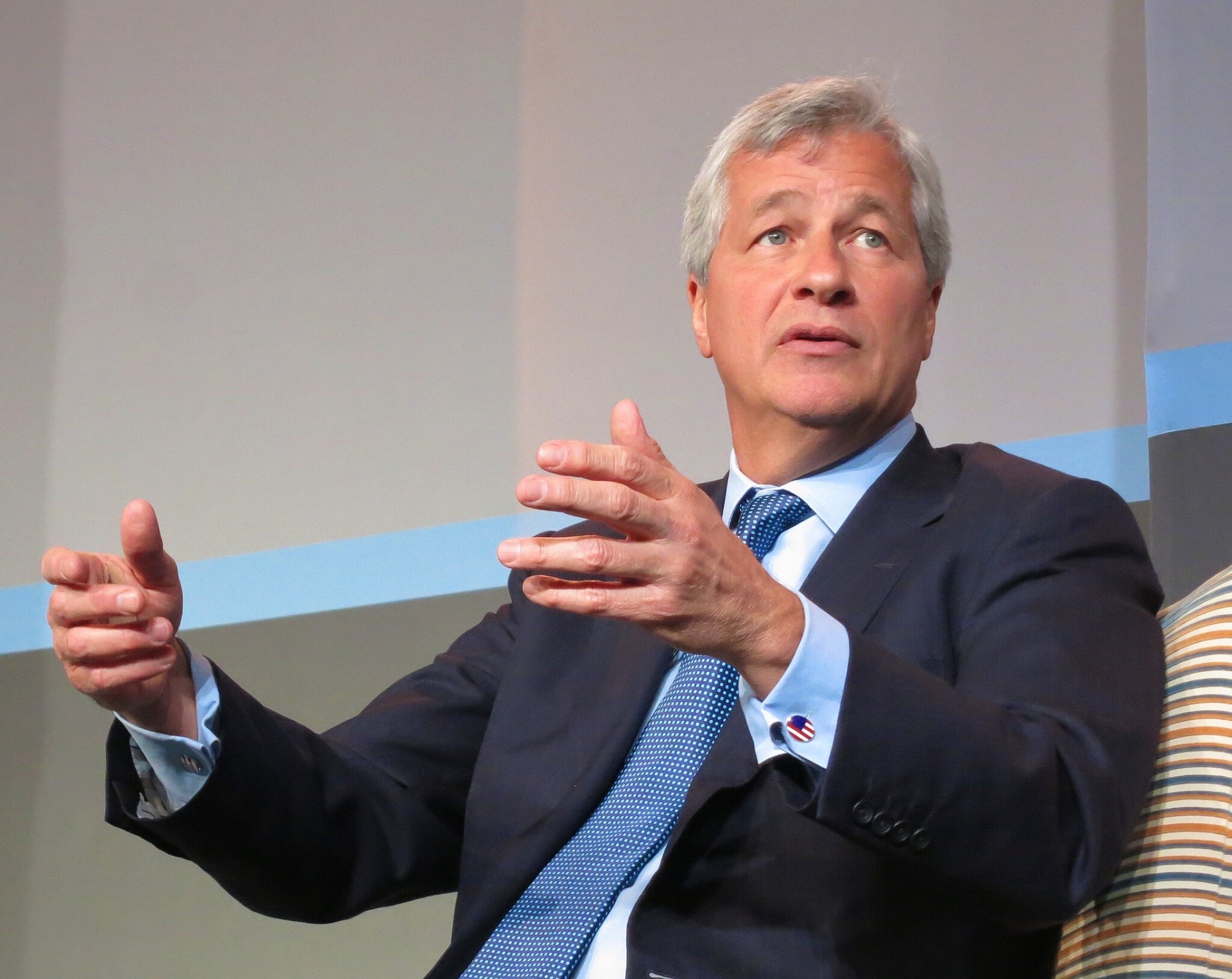Months of relentless political turmoil reached a boiling point last Tuesday when two senior Cabinet members, Health Secretary Sajid Javid and Chancellor of the Exchequer Rishi Sunak, resigned from Boris Johnson’s government exactly nine minutes from each other.
Their bombshell departure was motivated by yet another press scandal involving the firebrand Prime Minister, who was accused of knowingly appointing a politician many times accused of sexual misconduct to the role of deputy chief whip of the Conservative Party.
The man in question, Chris Pincher, had resigned from his role last week following a boozy evening at the Carlton private members club, during which he allegedly groped two staff members.
Similar allegations of sexual misconduct had been made against Pincher in the past, but Tory ministers and Johnson’s spokesman denied that the PM had any knowledge of Pincher’s behaviour.
On Monday, the BBC political correspondent Ione Wells revealed Johnson had in fact been notified of a formal complaint against Mr Pincher when he was Foreign Office minister between 2019 and 2020.
There are also allegations that Boris Johnson referred to Chris Pincher as “Pincher by name, Pincher by nature.”
On Tuesday, Mr Johnson apologised for having made a “bad mistake” in appointing Chris Pincher, but the damage was done.
Sajid and Sunak were followed by several junior ministers, government aides, and MPs, soon triggering a deluge of resignations and letters of no confidence that were nothing short of a mutiny against the Prime Minister.
Unsurprisingly, even this wasn’t strong enough a blow to loosen Johnson’s grip on the Premiership. Appearing before MPs in the House of Commons on Wednesday, Johnson was asked by a Conservative MP if there were “any circumstance” under which he should resign, to which he answered with bravado:
“Frankly, the job of a prime minister in difficult circumstances when you have been handed a colossal mandate is to keep going and that’s what I’m going to do,” he said, referring to his landslide 2019 general election win.
But there’s only so much swagger can do. Chris Mason, the political editor of BBC News, who witnessed the debacle at the House of Commons, said you could “feel, hear and smell the authority draining away” from Johnson as he left Parliament to the sound of cheerful goodbyes from opposition Labour MPs.
Later in the day, Johnson faced a committee of MPs where 8 out of the 9 Tories questioning him had already withdrawn their support. One committee member even sent a letter of no confidence from his phone while the PM was sitting in front of him.
That Wednesday evening, several cabinet ministers, including Home Secretary Priti Patel and Chancellor Nadhim Zahawi, went down to Downing Street to try and convince Johnson the time had come for him to finally call it quits.
By Thursday morning, over 50 members of the government had resigned, including Education Secretary Michelle Donelan who had only been appointed on Tuesday. Boris Johnson was compelled to take his place at the lectern in front of Downing Street and deliver his resignation speech as the Conservative party leader. The crowd outside Number 10 was reportedly so loud that nobody present could hear him speak.
Hence the Tory leadership contest has kicked off, but Boris Johnson is also believed to have told the Queen that he intends to remain at 10 Downing Street as prime minister until a winner emerges from the race to become the next Conservative Party leader and prime minister of the UK – which could take until the party’s conference in October.
Meanwhile, many MPs are calling on Boris Johnson to step down immediately, demanding that the leadership election should take place ASAP.
“He can’t continue the ‘it’s all about Boris’ show,” said one Tory backbencher to Politico. “No one trusts him to make the right decision for the country or party.”
A string of unresolved issues left behind
The power to set the rules and timetable for the leadership contest now lies in the hands of an influential group of backbench Conservative MPs called the 1922 committee, set to approve the process on Monday. They are expected to narrow the field down to two candidates before the summer holidays, with the aim of electing a new leader before the House returns in September.
Once the plan is sanctioned, it goes to the Conservative Party board where they could call for a longer campaign with hustings around the country – though some like former PM John Major recommend bypassing them to speed things up.
Related article: UK Threatens to Withdraw From the Convention of Human Rights | UK’s Ukrainian Refugee Schemes “Actively” Exacerbate Human Trafficking Risks, New Research Shows
According to the present rules – which the 1922 committee could tweak if they see fit to do so – MPs only need the support of eight other MPs to put themselves forward for Premiership.
Rishi Sunak has officially put himself forward as a candidate for the Premiership.
Sajid Javid and Priti Patel are said to mull a bid, but the names of Ben Wallace, Nadhim Zahawi and Liz Truss are also emerging from the bedlam.
If there’s one thing we know for sure, it’s that whoever will succeed Boris Johnson will have to deal with a heap of challenges and unresolved issues.
The British economy is one such issue, as rising living costs and an energy crisis sparked by Russia’s invasion of Ukraine five months ago are driving record inflation expected to reach 11% in the autumn.
Public services are also under severe strain, partly due to years of insufficient funding, but also because of the global pandemic. There are fears public sectors will face increased paralysis in the months to come as the Omicron BA.4 and BA.5 subvariants are cutting a swath across the UK, with an estimated 1 in 25 people who were infected in the week ending on June 29.
Another rather immediate challenge is, of course, the question of the UK’s support to Ukraine in its combat against the Russian invasion. Along with EU countries and the US, the UK has lent significant military and moral support to Ukrainians. Ukrainian President Volodymyr Zelensky was the only European leader to express regret at the news of Johnson’s resignation: “He was a true friend of Ukraine,” he told CNN on Thursday.
The UK’s support of Ukraine is unlikely to be impacted by a change of leadership as pro-Ukrainian sentiment is broadly shared among Tories – despite ample donations to the party having been linked to Russian oligarchs and businesses on several occasions.
Now, the largest elephant in the room must be Brexit. Some newspapers, like The Sun and The Daily Express, accompanied news of his resignation with laudative accounts of his leading role in the Brexit campaign, thanking him for “(giving) Britain back its freedom” and “getting Brexit done.”
THE SUN: Kiss Goodbye #TomorrowsPapersToday pic.twitter.com/42ukxKyQAk
— Neil Henderson (@hendopolis) July 7, 2022
But Brexit isn’t “done.” Even though the UK has indeed left Europe, a mess of problems remains unresolved. In particular, the major issue of the border that the UK and the Republic of Ireland share has not been addressed and threatens to make relationships between the UK and the EU even worse following yet another row over the withdrawal agreement.
The UK government recently threatened to ditch the hard-won and crucial Northern Ireland Protocol unless the EU does not comply with the changes the UK wants to bring to it. The Northern Ireland Protocol was agreed upon in 2019 as part of the withdrawal agreement and protects the historically tense border between Northern Ireland and the Republic of Ireland through special trading arrangements.
But it also made it more expensive to import from Britain to Northern Ireland, sparking talks to unilaterally renounce the Northern Ireland Protocol among Conservatives. If the new leader decides to push on with this new plan, which violates international law, relationships with Europe are bound to deteriorate to a new low.
Moreover, the British public itself is growing sick of Brexit, with recent polling in the UK suggesting support for the populist campaign has collapsed: every region in the UK now believes Brexit was an error, with 55% of those questioned believing that Brexit has gone badly compared with 33% who say it has gone well.
Finally, Downing Street has also confirmed that the government is set to press on with plans to send migrants to Rwanda despite Boris Johnson’s demise. The scheme, which drew outrage from politicians and the public alike, and was recently compromised by a ruling from the European Court of Human Rights, is due to be assessed by domestic courts on July 19.
Overall, Boris Johnson’s demise has left the government in utter disarray, and the heap of problems aforementioned will not disappear with the appointment of a new leader. However, there is hope that the new Prime Minister might finally ditch the brand of populism which has driven and shaped the Conservative Party ever since the Brexit campaign, aggravating political tensions and ultimately failing to keep its promises of independence and prosperity to the British people.
Editor’s Note: The opinions expressed here by Impakter.com columnists are their own, not those of Impakter.com — In the Featured Photo: 06/07/2022. London, United Kingdom. Prime Minister Boris Johnson leaves Number 10 for prime Minister’s Questions. Featured Photo Credit: Tim Hammond / No 10 Downing Street.














